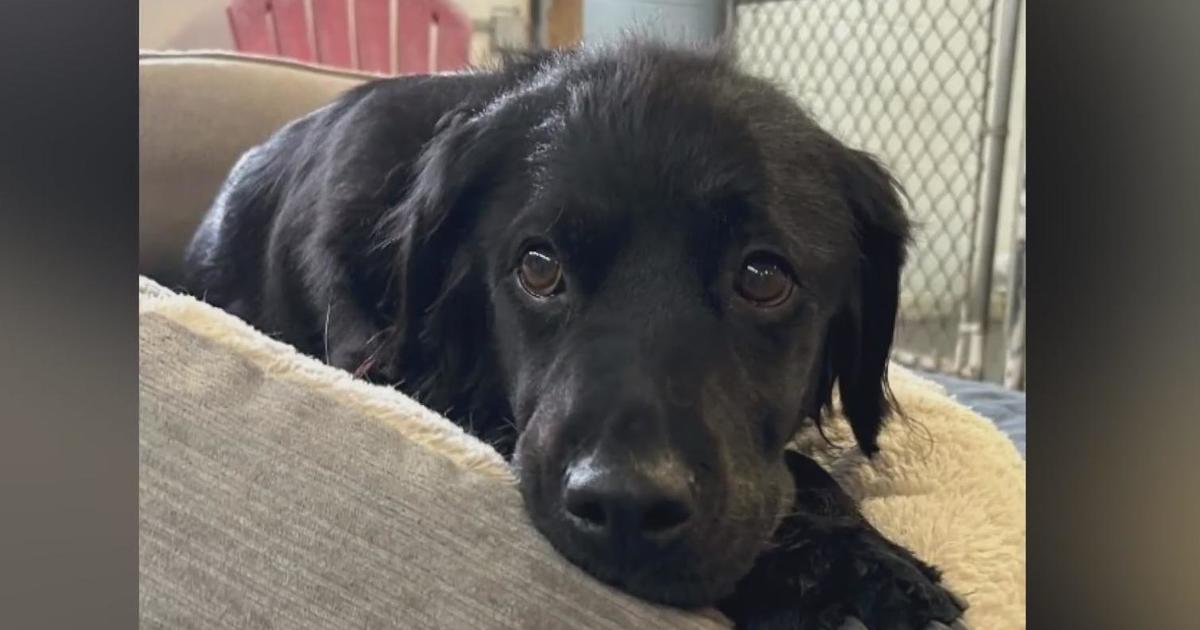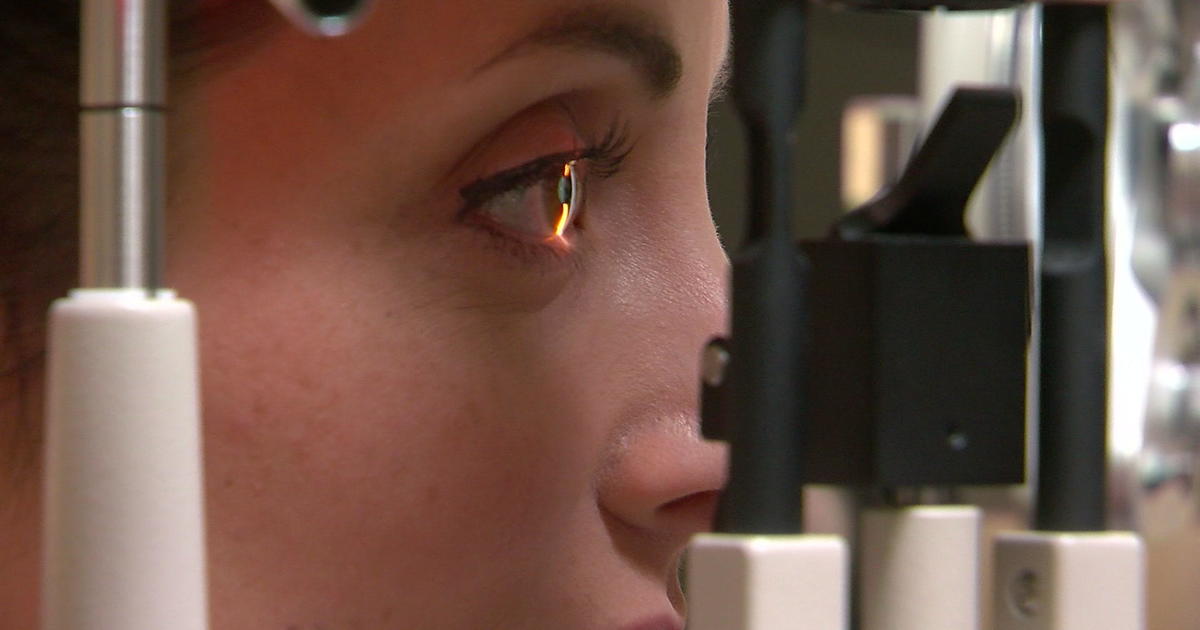Clinical Study Exploring Use Of 'Avatars' For Cancer Treatment
MINNEAPOLIS (CBS) - When faced with a cancer diagnosis, what if you could know the exact therapy needed to treat it?
It could save precious time and also help patients avoid the side effects of ineffective chemotherapy drugs.
Researchers at the Mayo Clinic are testing that theory in a groundbreaking study that's using a patient's own cancer cells.
If jewelry is a statement of personality, Kathi Schroeder's teal bracelet speaks volumes.
"I'm hoping people will ask me about it," Schroeder said.
Her story began last year while preparing for a major bike trek.
"It's right around 500 miles, 7 days," she said.
She struggled to breathe while training for the ride.
"That was part of my clue that something is wrong, you're not going to jump to cancer," Schroeder said.
Her long bike rides gave way to long chemotherapy sessions to treat Stage IV ovarian cancer.
"So far, I'm NED, no evidence of disease, which is best you can get at this point, Schroeder said.
Having done her research, Schroeder knows the likelihood her cancer will return and that the same treatment may not work.
She also knows science could change that.
"You have some hope in your back pocket," Schroeder said.
Dr. John Weroha is overseeing a clinical trial for recurring ovarian cancer treatment at the Mayo Clinic.
"As a clinician, I have no reliable way to predict which chemotherapy is going to work. They're really crowding each other out right here," Dr. Weroha said.
His study could put an end to the guesswork using the patient's own cancer cells and placing it in a so-called avatar.
"We're essentially creating another version of the patient's tumor, just in a different location," Dr. Weroha said. "In this case, it's going to be a mouse."
Researchers carefully monitor the avatar's tumor growth over four months. Once the patient's tumor is present in the avatar, researchers then test which drugs shrink the cancer.
"Perhaps we can predict which therapies will work best for the patient and thus spare her the side effects and the lost time of ineffective therapies," Dr. Weroha said.
Rene Maleski is two years into her survival story.
"Anything that would help the survival rate of ovarian cancer would be beneficial," she said.
Maleski offered her tumor to the doctor's clinical trial.
"They said I was the second person in the country to have these avatars," she said.
It's research that could help as she battles cancer's return.
"This avatar thing is hopeful because they're not just practicing on just any cancer, but they're practicing on my tumor, what responds," she said.
As for Schroeder, she's getting back to the life she knew before her diagnosis.
"I had them write 'now' on my visor only because it's a reminder to me that you want to live every day now," she said.
She's training again for this summer's bike ride - the one she missed last summer.
"It makes me feel strong," Schroeder said.
Knowing that while cancer created an uncertain future, research allows her to live now.
Join The Conversation On The KDKA Facebook Page
Stay Up To Date, Follow KDKA On Twitter



